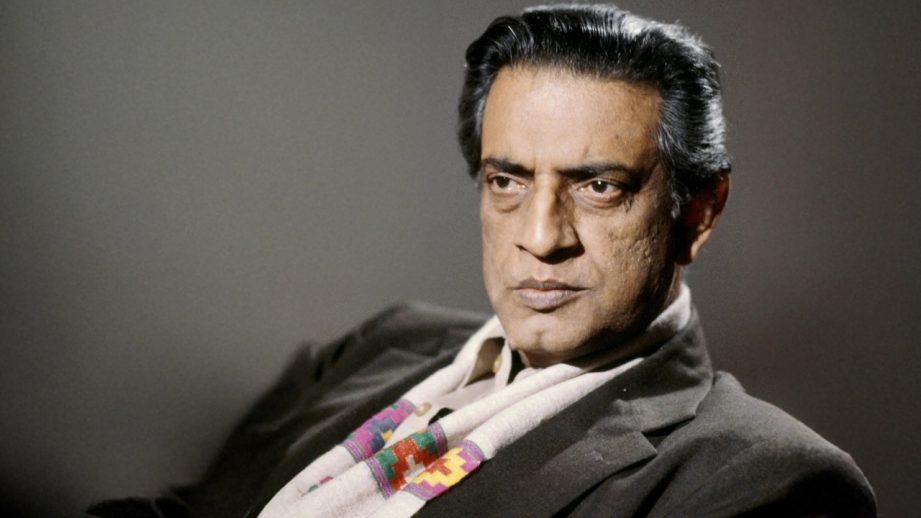
The childhood home of iconic Indian filmmaker Satyajit Ray’s family in Mymensingh, Bangladesh, has been razed by authorities, sparking disappointment from India and cultural figures across the region.
The property, which stood for over a century, originally belonged to Ray’s grandfather, Upendra Kishor Ray Chowdhury — a prominent author, publisher, and early figure in Bengali children’s storytelling. After the division of India in 1947, the house was taken over by the Bangladeshi government and repurposed in 1989 as the Mymensingh Shishu Academy, a cultural space for young people. Over time, the building fell into disrepair and had been left unused for more than ten years.
The government now intends to construct a new semi-permanent building on the site. In response, India’s Ministry of External Affairs shared its deep disappointment, calling the house a symbol of Bengal’s cultural awakening. New Delhi has asked Dhaka to reverse the decision and has offered support to restore the site as a museum celebrating shared heritage.
West Bengal Chief Minister Mamata Banerjee condemned the demolition, describing it as “extremely distressing.” And calling the site a vital part of Bengal’s cultural identity.
Director Sandip Ray, Satyajit Ray’s son, noted that his father had once wanted to include photographs of the house in a film about his own father, Sukumar Ray, but abandoned the idea after seeing its decaying condition.
Artists, historians, and fans on both sides of the border have called the demolition a missed chance to preserve a piece of Bengal’s rich literary and cinematic legacy.
